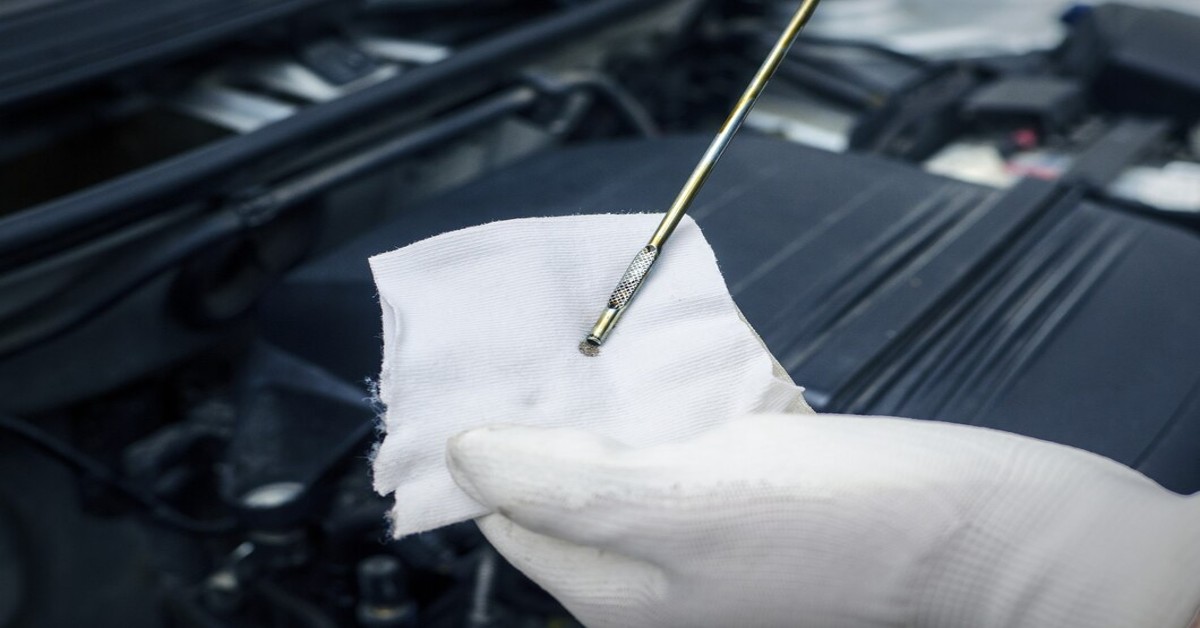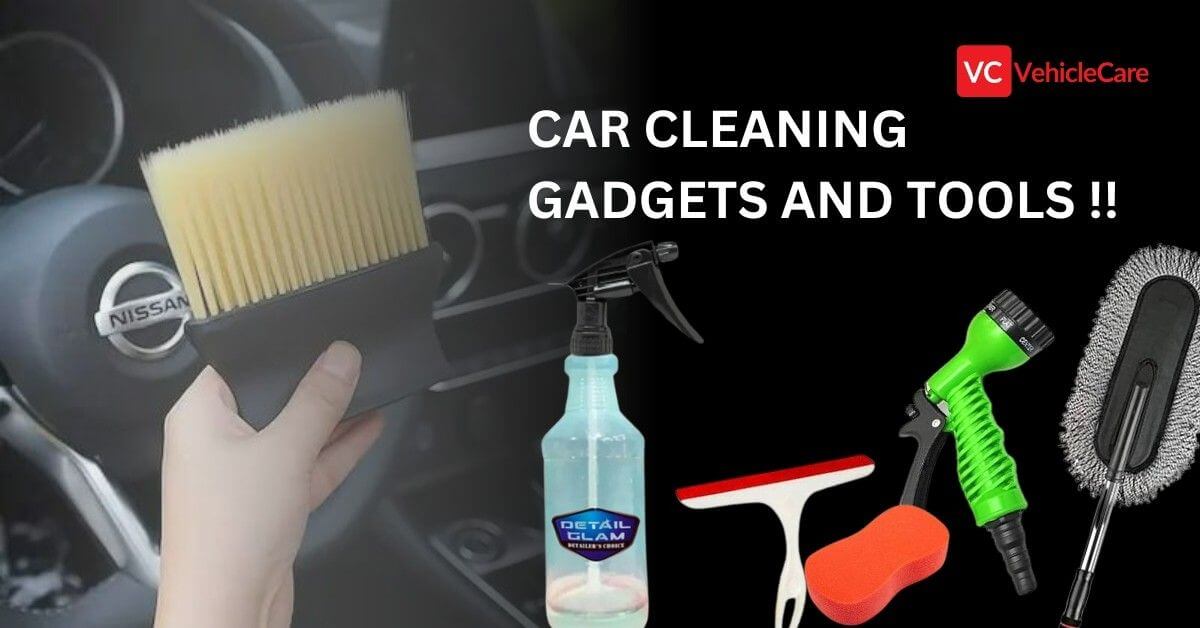As automotive experts, we understand the importance of regular vehicle maintenance to ensure optimal performance and longevity. One crucial aspect of car care is tracking when your car needs an oil change.
Neglecting this vital maintenance task can lead to various issues, from decreased fuel efficiency to engine damage.
In this exhaustive article, we will walk you through the top 10 signs that indicate your car is due for an oil change, helping you stay ahead of potential problems and maintain the health of your vehicle.
Table of Contents
Top 10 Signs Your Car Needs an Oil Change
1. Increased Engine Noise
If you notice an unusual increase in engine noise, it could indicate that your car is running low on oil or that the oil has become dirty and ineffective. Engine components require proper lubrication to function smoothly, and when the oil breaks down or becomes contaminated, it can no longer provide the necessary protection.
Regularly monitoring engine noise and addressing any unusual sounds promptly can help you avoid costly repairs down the road.
2. Dark and Dirty Oil
Checking the oil’s color and consistency is an easy way to determine whether it’s time for an oil change. Fresh oil is typically a translucent amber color, but over time, it becomes darker as it accumulates dirt, debris, and contaminants. Using the dipstick, examine the oil’s appearance.
If it appears significantly darker or has a gritty texture, it clearly indicates that you should schedule an oil change.
3. Low Oil Level
Another clear sign that your car needs an oil change is a low oil level. To check this, locate the oil dipstick, usually located near the engine. Pull it out, wipe it clean, reinsert it, and then pull it out again. Observe the oil level between the two marks on the dipstick.
If it’s below the minimum mark or insufficient to lubricate the engine adequately, it’s time to add fresh oil or schedule an oil change with a trusted mechanic.
4. Exhaust Smoke
Unusual smoke coming from your car’s exhaust can indicate various problems, and one of them is related to the engine oil. If you notice thick smoke, particularly with a blue tint, it suggests that oil is burning within the combustion chamber. This can occur due to oil leaks or worn-out piston rings.
Regardless of the cause, it’s crucial to address this issue promptly to prevent further engine damage and excessive oil consumption.
5. Engine Overheating
Engine overheating is a serious issue that can lead to severe engine damage if left unaddressed. While there are multiple reasons why an engine might overheat, insufficient or contaminated oil is one of them. Oil is crucial in dissipating heat generated by the engine’s moving parts.
If the oil is old or insufficient, it can’t perform this vital function effectively, causing the engine temperature to rise. Regularly monitoring your car’s temperature gauge and addressing any signs of overheating can save you from expensive repairs.
6. Decreased Fuel Efficiency
If you notice a sudden decrease in your car’s fuel efficiency, it could result from dirty or low oil levels. When the engine lacks proper lubrication, it experiences more internal friction, requiring more energy to perform efficiently. This increased workload can cause your car to consume more fuel than usual.
By staying on top of your oil change schedule, you can help optimize your car’s fuel economy and save money at the pump.
7. Check the Engine Light
Modern cars have advanced onboard diagnostics systems that monitor various vehicle components and systems. When the system detects an issue, it triggers the check engine light on your dashboard. While this light can indicate various problems, it’s essential not to overlook the possibility of an overdue oil change.
Sometimes, the check engine light may be triggered due to oil-related issues, and addressing them promptly can prevent further complications.
8. Engine Sludge
Over time, oil can break down and form sludge, a thick, gelatinous substance that can clog the engine’s passages and hinder proper lubrication. If you notice any signs of engine sludge, such as rough idling, sluggish acceleration, or decreased engine performance, it’s crucial to have your oil changed immediately.
Regularly following the recommended oil change intervals can help prevent the formation of engine sludge and ensure your engine operates smoothly.
9. Vibrations or Loss of Power
If your car is experiencing vibrations or a loss of power during acceleration, it could be a symptom of old or dirty oil. As oil ages, it loses its viscosity, becoming less effective at reducing friction between moving engine components. This can result in vibrations or a noticeable loss of power, making your driving experience less enjoyable.
By adhering to a regular oil change schedule, you can help maintain your car’s performance and keep it running smoothly.
10. Manufacturer’s Recommended Interval
Last, but not least, it’s crucial to consult your car’s owner’s manual and follow the manufacturer’s recommended oil change interval. The recommended interval considers various factors, including the type of oil used, driving conditions, and your vehicle’s specific requirements.
Sticking to these guidelines ensures that your car receives the necessary maintenance at the right time, optimizing its performance and potentially extending its lifespan.
Wrapping Up
In conclusion, staying vigilant and proactive when it comes to your car’s oil change needs can significantly contribute to the overall health and longevity of your vehicle. By being aware of the top 10 signs that your car needs an oil change, you can address any issues promptly and prevent costly repairs.
Remember to consult your trusted mechanic or refer to your car’s owner’s manual for specific recommendations based on your vehicle’s make and model.
Frequently Asked Questions (FAQs) – Car Oil Change
Q: How often should I change the oil in my car?
A: The frequency of oil changes depends on various factors, including the type of oil used, driving conditions, and your vehicle’s manufacturer recommendations. It is generally recommended to change the oil every 3,000 to 5,000 miles or every 3 to 6 months.
Q: Can I extend the oil change interval using synthetic oil?
A: Synthetic oil generally lasts longer than conventional oil and can withstand higher temperatures. It is recommended to follow the manufacturer’s guidelines for your specific synthetic oil. While synthetic oil can allow for extended oil change intervals, it’s essential to consider other factors, such as driving conditions and the type of engine.
Q: Can I change the oil myself, or should I take it to a professional?
A: Changing the oil yourself is possible if you have the necessary tools, knowledge, and experience. However, if you are unsure or uncomfortable performing this task, it is best to take your car to a professional mechanic who can ensure the oil change is done correctly.
Q: What type of oil should I use for my car?
A: The type of oil you should use depends on your vehicle’s specifications and the manufacturer’s recommendations. Typically, you can find this information in your car’s owner’s manual. It’s important to choose the correct viscosity grade and oil type (conventional, synthetic blend, or fully synthetic) as specified by the manufacturer.
Q: What are the consequences of not changing the oil regularly?
A: Neglecting regular oil changes can have several negative effects on your car’s performance and longevity. Over time, the oil becomes dirty and less effective at lubricating the engine, leading to increased friction, engine wear, and reduced fuel efficiency. It can also result in the buildup of harmful deposits and sludge, potentially causing engine damage and expensive repairs.
Q: Can I just add oil when it gets low instead of changing it?
A: While adding oil to maintain the proper level is necessary, it does not replace the need for regular oil changes. Over time, oil breaks down, becomes contaminated, and loses its lubricating properties. Simply adding oil without changing the old oil can lead to a buildup of sludge and contaminants, harming the engine’s health.
Q: Is it necessary to change the oil if I don’t drive my car often?
A: Even if your car is not driven frequently, it is still essential to change the oil regularly. Oil can degrade over time, and moisture can accumulate in the engine, leading to corrosion. To maintain the integrity of the oil and ensure proper lubrication, it’s recommended to follow the manufacturer’s guidelines for both mileage and time-based intervals.
Q: How can I tell if my car needs an oil change without warning signs?
A: It is always best to follow the recommended oil change intervals provided by your vehicle’s manufacturer. Regular maintenance, including oil changes, helps prevent potential issues before they become significant problems. Even without visible warning signs, routine oil changes are essential to keep your car running smoothly and efficiently.
Q: Can I recycle used motor oil?
A: Yes, used motor oil can be recycled and reprocessed into new oil or other petroleum-based products. It is crucial to dispose of used oil properly to protect the environment. Many auto parts stores, service centres, and recycling facilities accept used motor oil for recycling. Check with your local authorities for designated recycling locations in your area.
Q: How can I find a trusted mechanic for my oil changes?
A: To find a reliable and trustworthy mechanic for your oil changes, you can ask for recommendations from friends, family, or colleagues. Additionally, reading online reviews and checking the certifications and qualifications of the mechanic or service centre can help you make an informed decision. It’s important to choose a professional who has experience with your vehicle’s make and model.












